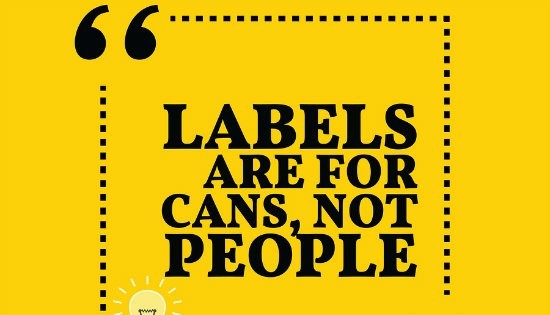
The Good, the Bad and the Ugly: The Stereotyped Project Manager
If you’ve been a project practitioner for a long time, you’ve probably heard a variety of opinions about you and your colleagues. Many of those opinions may have reflected an oversimplified image of the project management profession. In other words, you and your colleagues were stereotyped.
The project management profession has given me the opportunity to travel across three continents and to work with people from different cultures and generations. I lost count of all the different stereotypes I was associated with, which involved my country of origin (Mexico), the country I lived in (the United States) and people’s previous experience with IT project managers, But many of the stereotypes were common despite the different situations where I worked.
Being stereotyped gave me the opportunity to change people’s oversimplified idea of me and my profession. On top of my daily duties, I had to transform that bad and/or ugly perception into a good one. Even when my title was IT project manager, my role was not purely technical—in many projects, the business function was also part of the project team.
Working with business and technical functions put me between a sword and a wall. On the business function side, people stereotyped me as too technical, while on the IT side, co-workers assumed I was not technical at all and too structured. In many meetings with business functions and IT team members, I had to show that the “real me” did not fit the stereotype they had in mind.
My credentials exacerbated the situation a couple of times. When team members learned I had several certifications, they feared I was going to “play by the book” and make them change the way they had been working.
Instead, I merely promoted discussions in which the team realized there were areas of opportunity in their way of working that could be improved.
The “manager” stereotype popped up quite often. Team members openly told me I was not their direct-line manager and did not have authority over them. I had to address this stereotype and help people understand I was not there to manage but to lead.
So I held meetings with team members and their managers, in which roles were defined, the importance of the project was communicated and lines of communication were established.
At the end of the day, it’s incumbent on projects managers to face the stereotypes that are out there and work to change negative perceptions. As a project manager, how do you react to stereotypes? What are you doing to erase the stereotype you have been associated with?